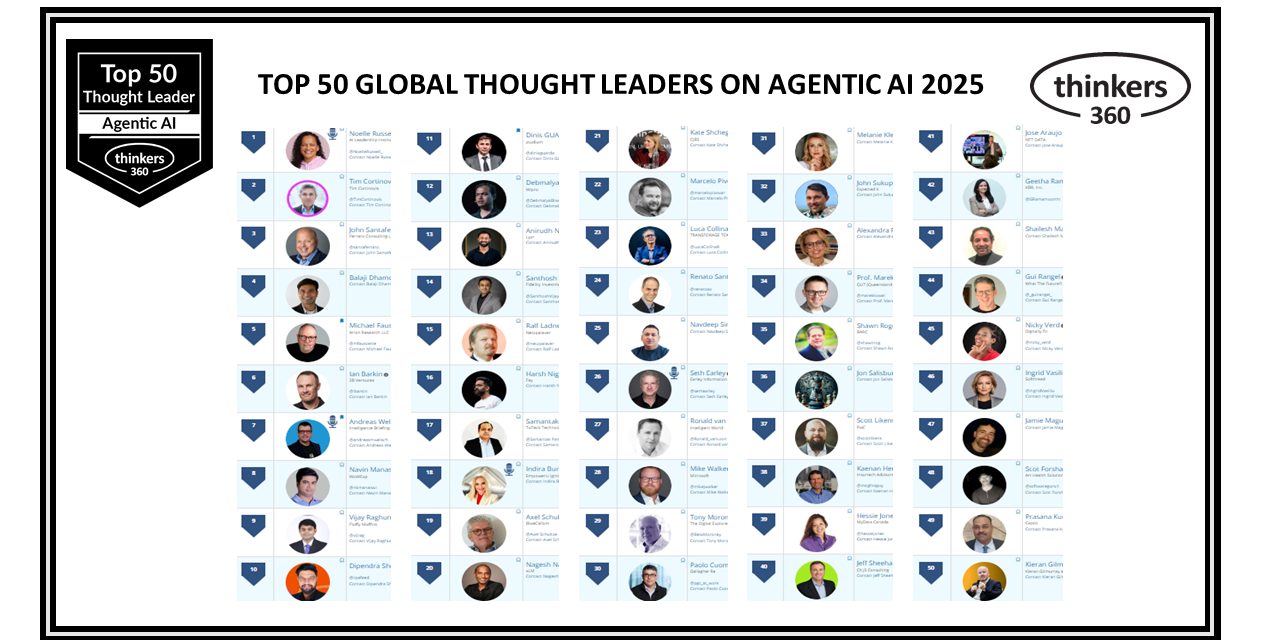
News & Events

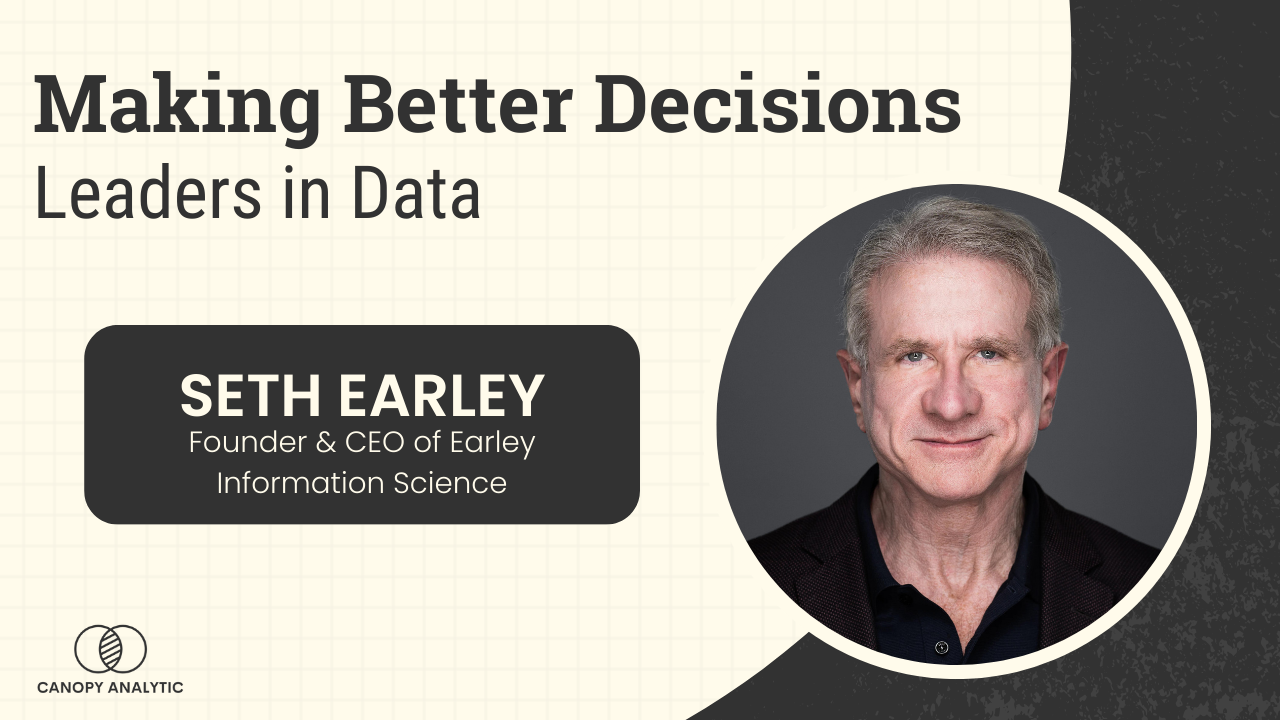
Navigating the Data Labyrinth - Seth Earley - Making Better Decisions
Jan 2, 2025
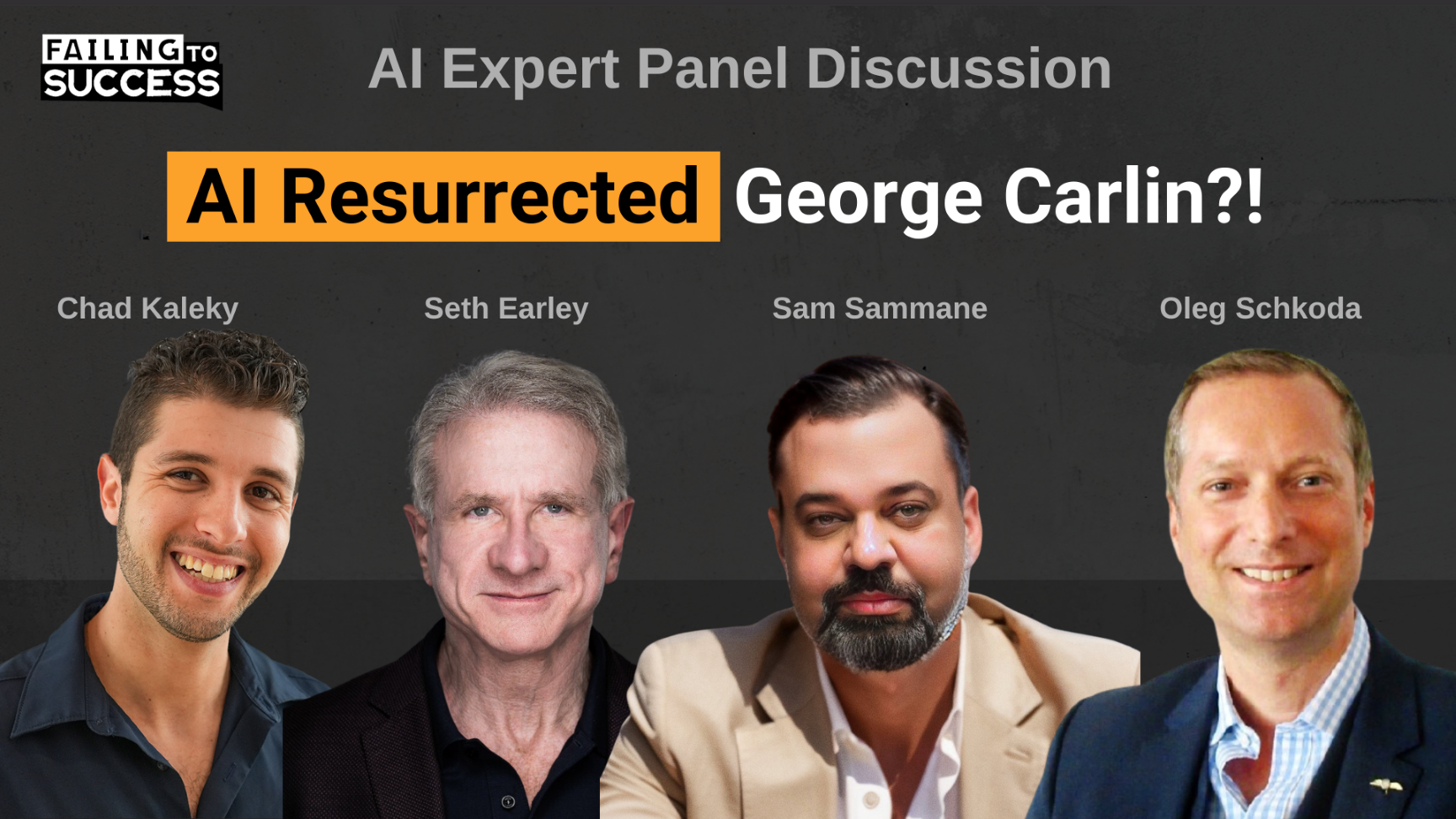
Failing to Success: AI Resurrected George Carlin?!
Jan 2, 2025

Seth Earley Recognized Among Thinkers360 Top Voices 2024
Oct 3, 2024

TechTarget: 15 top applications of artificial intelligence in business
Aug 28, 2024

Seth Earley on Setting the Groundwork for AI implementation
Jun 6, 2024
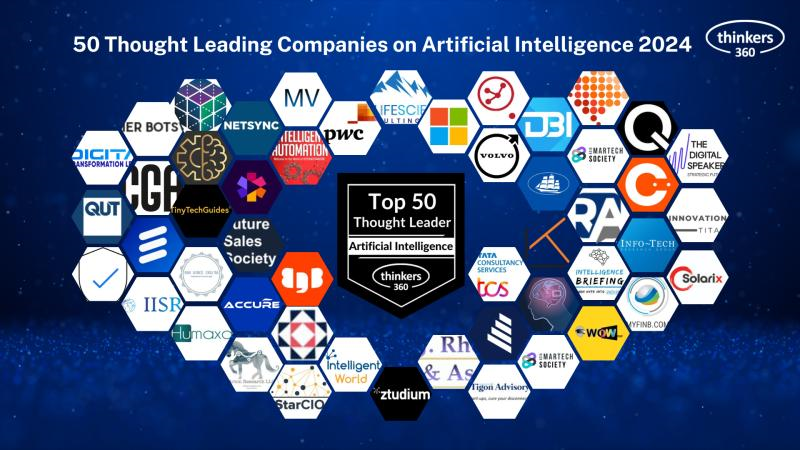
EIS Recognized Among Thinkers360's Top 50 Global Thought Leading Companies on AI
May 21, 2024
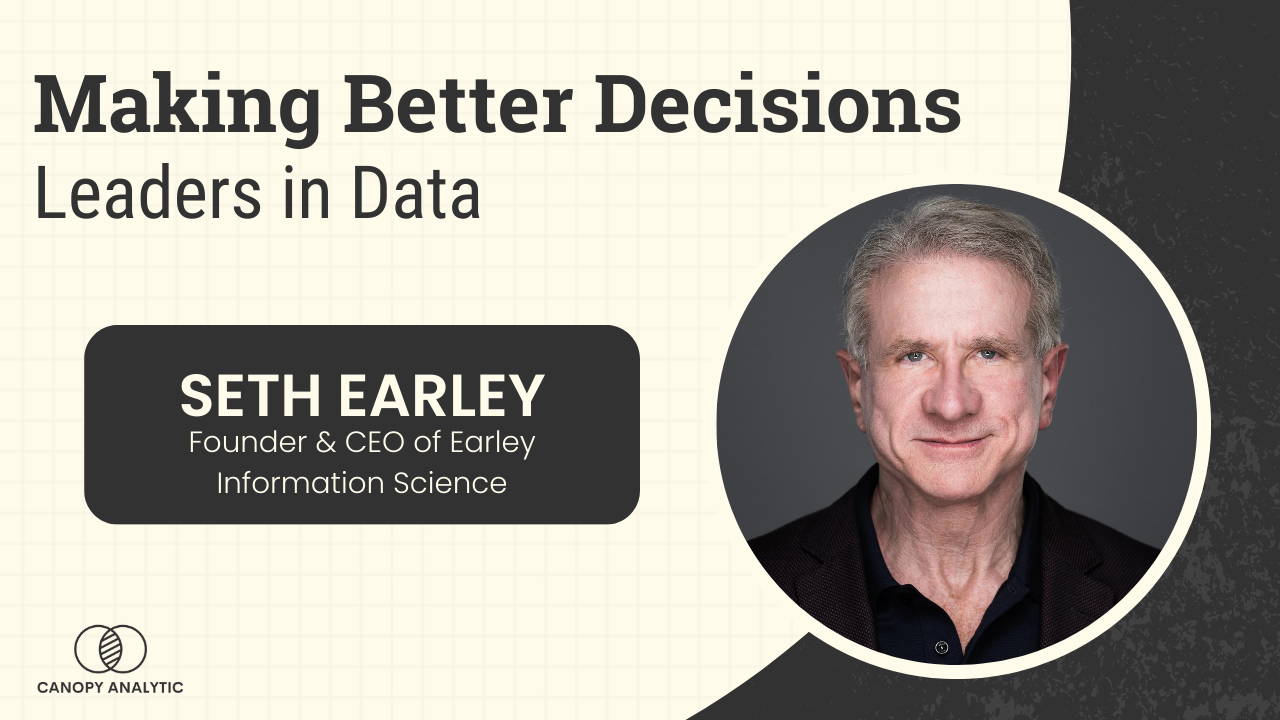
Making Better Decisions: Leaders in Data Podcast Welcomes Seth Earley As Guest
Apr 19, 2024

PRESS RELEASE: Earley Information Science (EIS) and Rezolve.ai Join Forces to Pioneer AI Solution, Prioritizing Knowledge Management
Feb 13, 2024
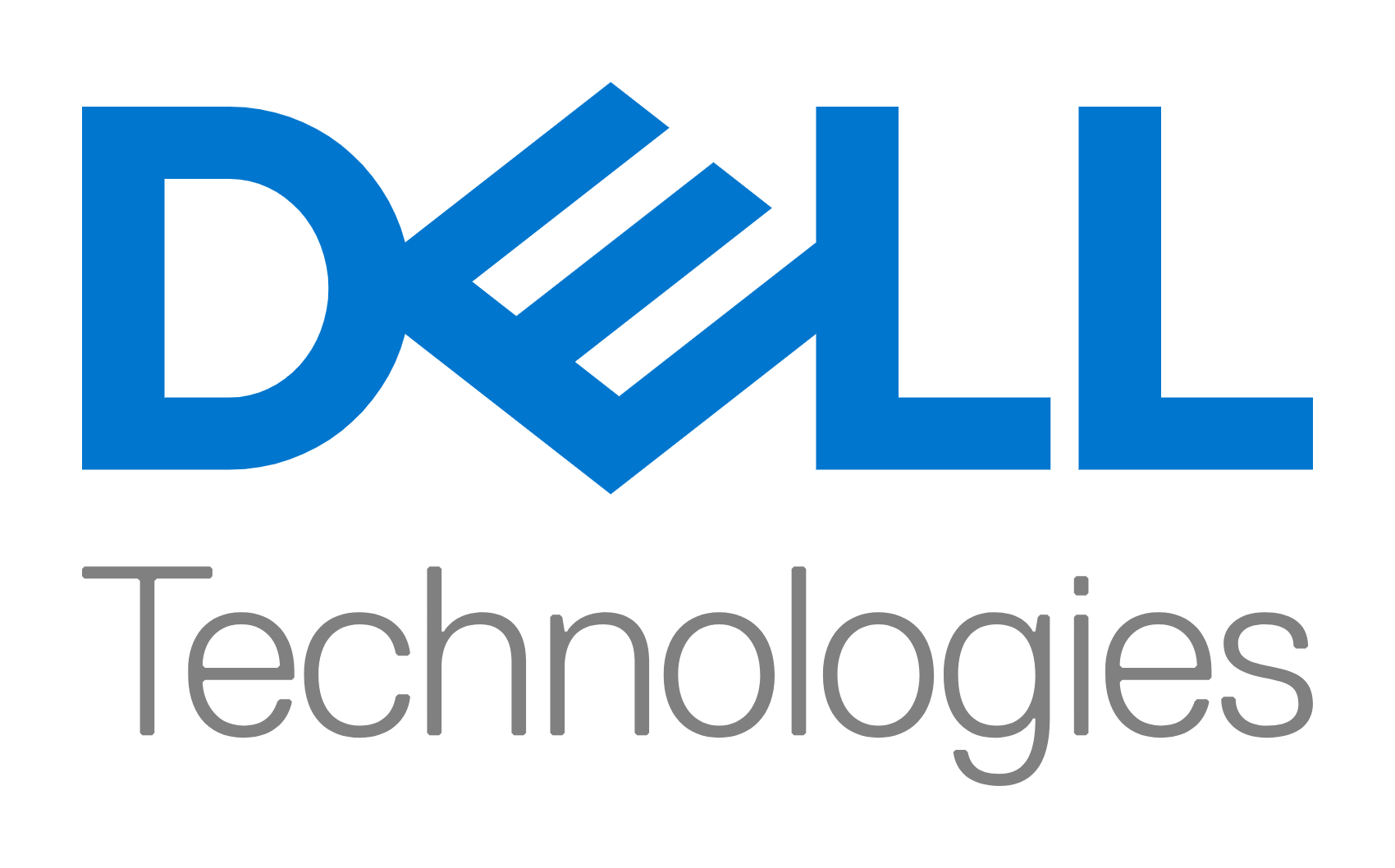
Dell Technologies Streamlining Customer Service Welcomes Seth Earley As Guest Speaker
Dec 4, 2023
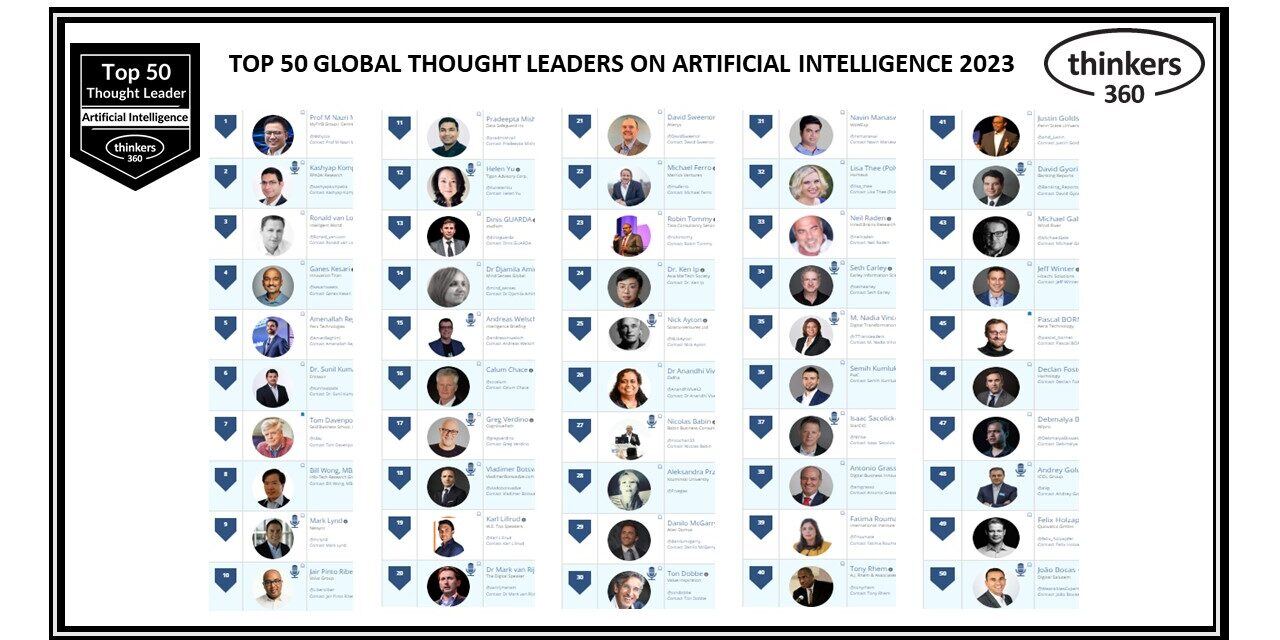
Seth Earley Recognized Among Top 50 Global Thought Leaders on Customer Experience 2023
Dec 4, 2023

CXO Outlook Features Seth Earley
Nov 17, 2022

Science of CX Welcomes Seth Earley As Guest Speaker
Oct 6, 2022
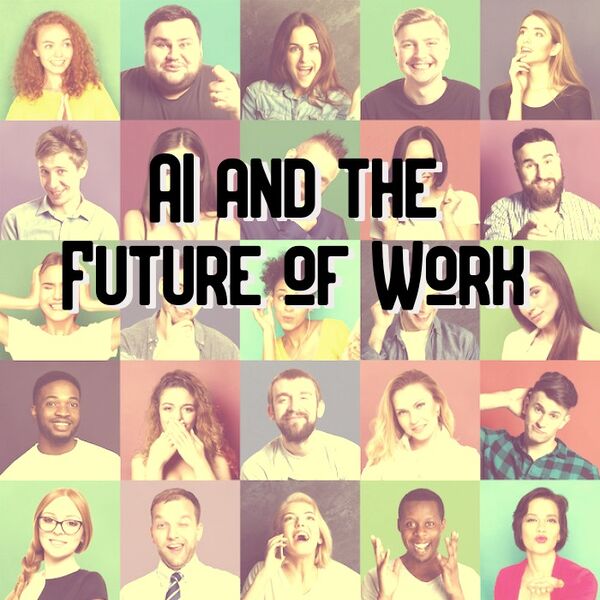
Seth Earley Speaks on AI and the Future of Work
Oct 5, 2022

Conversations with Allies - Tech in the Right Direction
Aug 9, 2022
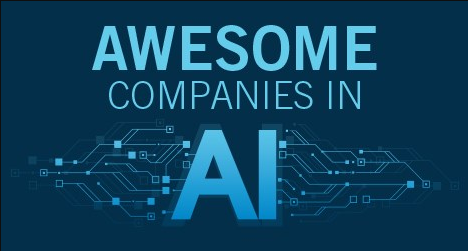
EIS Recognized Among 2022's Awesome Companies in AI
Jul 15, 2022

Seth Earley Recognized Among Top 50 Global Thought Leaders on AI 2022
Jun 29, 2022
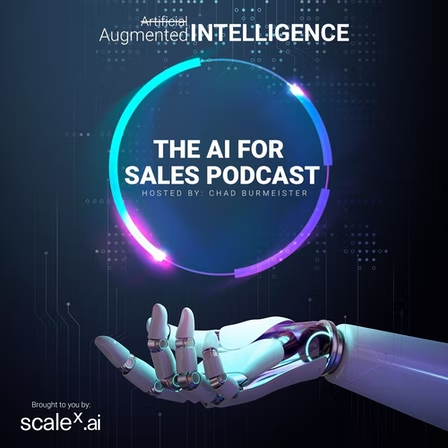
AI for Sales Podcast Welcomes Seth Earley As Guest
Jun 20, 2022

Computers in Libraries 2022
Jun 7, 2022

Seth Earley to Chair World Class Digital Transformation & Innovation America 2022
Jun 7, 2022

Seth Earley Featured Guest on MarketMuse Webinar
Jun 7, 2022

Seth Earley Featured on Content Strategy Insights with Larry Swanson
Jun 7, 2022

AI-Powered Enterprise Selected Among Best AI Books
Apr 12, 2022

Ingeniux Webinar Series Kicks-Off With Seth Earley
Jan 24, 2022

IEEE Computer Society Webinar Features Seth Earley on Knowledge Engineering and AI
Jan 24, 2022
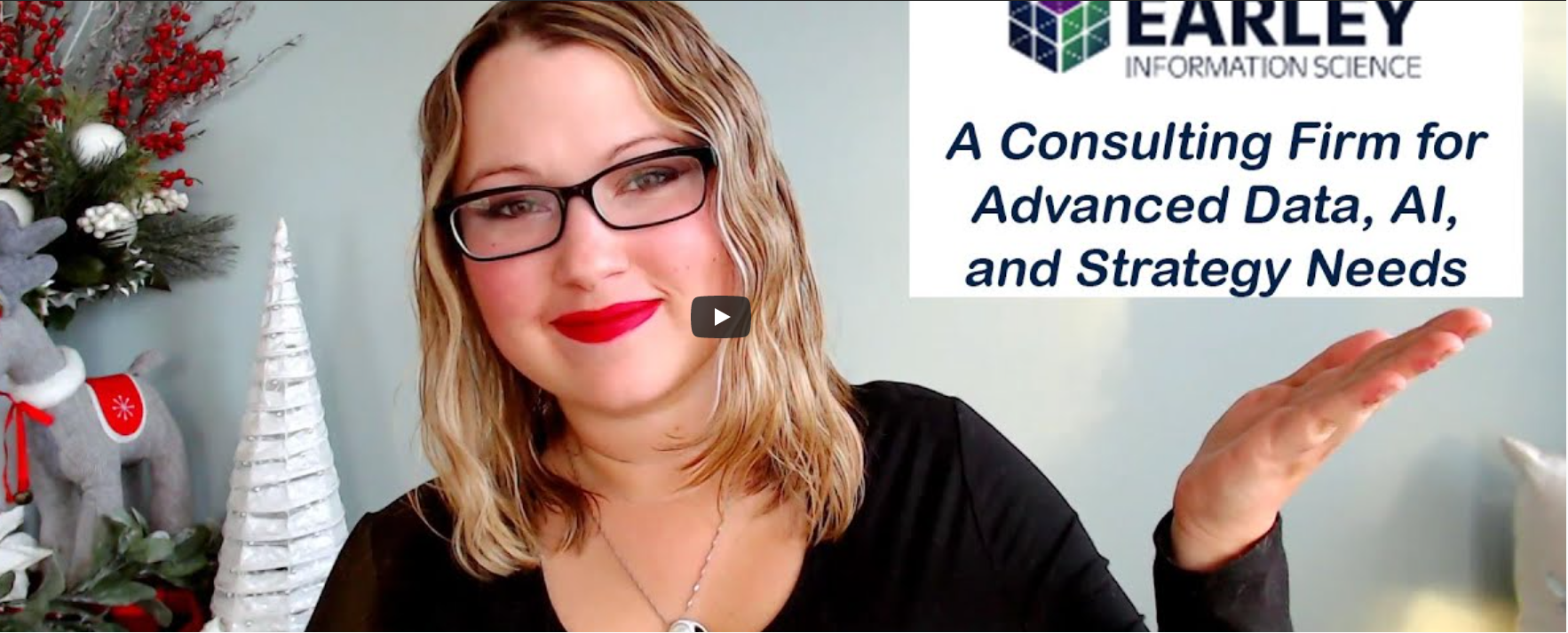
Earley Featured As Guest On IsA Data Thing Vlog With Ashleigh Faith
Dec 21, 2021
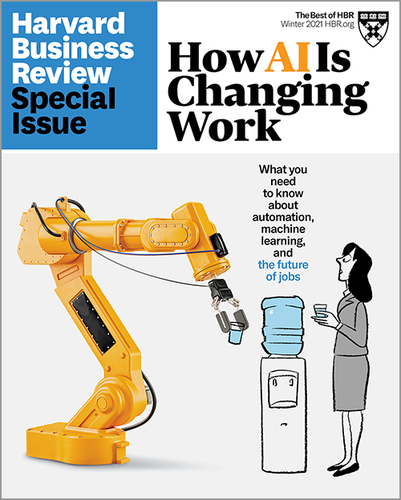
Harvard Business Review Special Issue Features Article By Seth Earley
Nov 9, 2021

Breaking Down Data Silos To Optimize The Customer Experience
Oct 11, 2021

Are Knowledge Graphs a Business Analyst's New Best Friend?
Aug 20, 2021

Human + Machine: The Future Of Customer Service
Aug 12, 2021

DX Summit Summer 2021
Jul 26, 2021

The North Star Interviews Seth Earley
Jul 19, 2021
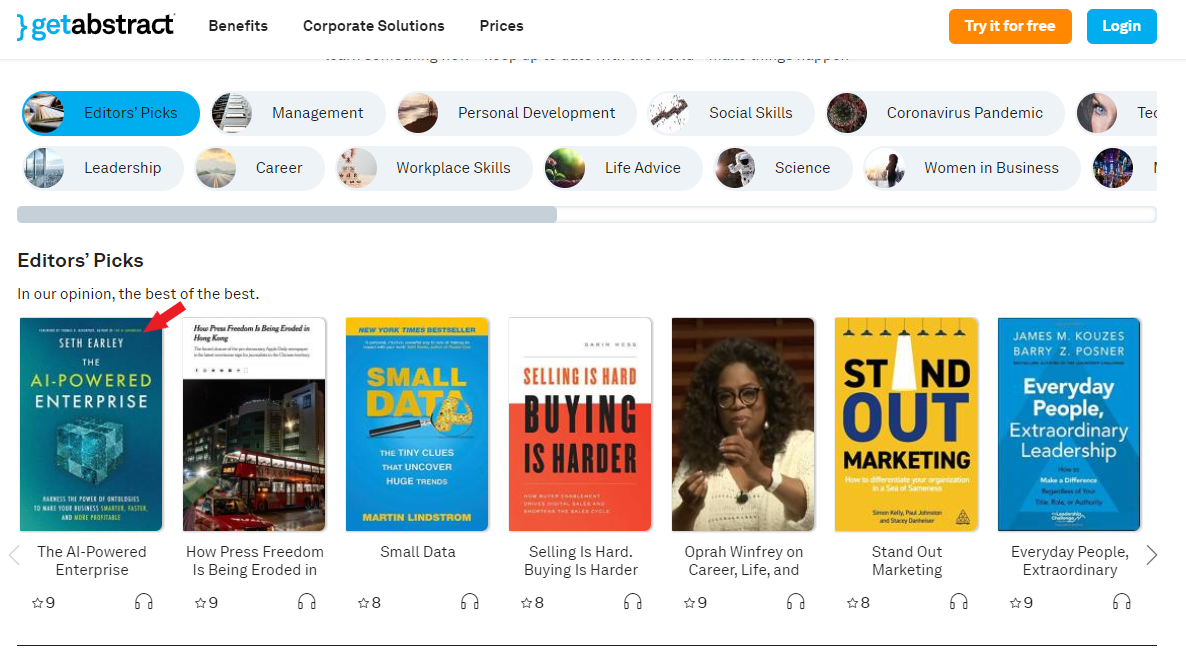
getAbstract Taps AI-Powered Enteprise As Editor's Pick
Jul 14, 2021

Customer Contact Week Fall 2021
Jul 8, 2021

Customer Contact Week Las Vegas 2021
Jun 15, 2021

Seth Earley Interview With CXBuzz
Jun 8, 2021

Data Summit 2021
May 10, 2021

B2B Online Connect 2021
Apr 27, 2021

Axiom Business Book Awards Recognizes The AI Powered Enterprise
Mar 23, 2021

Forbes Book Review: AI Powered Enterprise
Feb 26, 2021

Quoted: Realtime Report
Jan 26, 2021

Book Review: AI & Machine Learning Tech Brief
Jan 11, 2021

B2B Online Connect 2020
Dec 7, 2020

Book Review: HR Professionals Magazine
Oct 27, 2020

Digital Workplace Experience
Oct 13, 2020

Book Excerpt: Supply Chain Quarterly
Oct 7, 2020

Destination CRM: Required Reading
Aug 31, 2020

AI Manufacturing Virtual Conference 2020
Aug 27, 2020

Future of Field Service: Is AI Delivering On its Promise?
Aug 10, 2020

HR Exec: As remote work continues, what is AI’s role?
Aug 5, 2020

AI Academy for Marketers 2020
Jul 15, 2020

Nexter Chatinar
Jul 9, 2020

Enterprisers Project: 8 habits of successful AI teams
Jun 25, 2020

DemandGenReport: Implementing AI Into Your Marketing Mix
Jun 17, 2020

Data Summit 2020
Jun 9, 2020

Future of Field Service Podcast
May 27, 2020

TechTarget: AI's impact on business
May 19, 2020

TechTarget: 6 key benefits of AI for business
May 13, 2020

Business Class News: Delivering On The Promise Of AI
May 13, 2020

The AI-Powered Enterprise on the C-Suite Network
Apr 28, 2020

2020 KMWorld 100 Companies That Matter in Knowledge Management
Mar 9, 2020

AD Ecommerce Summit 2020
Feb 10, 2020

DX Summit 2019
Nov 4, 2019

Engage: EnterWorks Annual User Conference
Oct 13, 2019

AI Manufacturing
Aug 28, 2019

MinneBOS 2019
Aug 22, 2019

GS1 Connect 2019
Jun 19, 2019

Data Summit
May 21, 2019

Available for Preorder on Amazon.com: The AI-Powered Enterprise
May 9, 2019

Digital Experience Conference
Apr 29, 2019

6th Year - EIS Named in KMWorld’s “100 Companies That Matter In Knowledge Management"
Mar 11, 2019

AI and the Future of Business - A View from the Experts
Feb 7, 2019

DX Summit 2018
Nov 12, 2018

Text Analytics Forum '18
Nov 7, 2018

B2B Next Conference & Exhibition
Sep 24, 2018

Annual Enterworks Engage User Conference
Sep 16, 2018

MinneBOS: Boston Analytics Conference
Aug 23, 2018

The Revolution in B2B Customer Engagement
May 8, 2018

B2B Online 2018
May 7, 2018

ASPECT ACE 2018 - Build momentum with customer experience
Apr 23, 2018

Product Data: The Great Enabler for IoT, Marketplaces and More
Apr 5, 2018

IA Summit - Where Information Architects and Experience Designers Converge
Mar 23, 2018

Putting Your Chatbots to Work
Mar 15, 2018

Getting Serious About AI: The Year of the Tipping Point
Feb 9, 2018

Pulling It All Together on a Customer Data Platform
Dec 19, 2017

Cognitive Close to the Ground: Practitioners Talk Best Practices
Dec 13, 2017

IDW: Preparing Content for Chatbots & Voice Interfaces
Nov 28, 2017

A Starring Role for Support Bots
Nov 13, 2017

The Road to the Digital Worker: What’s real, what’s possible and what’s noise?
Nov 13, 2017

Workshop: Understanding the DX Ecosystem & Developing a Technology Blueprint
Nov 13, 2017

Going Beyond Taxonomy for Ecommerce Innovation
Oct 12, 2017

When PIM Gets Really Complicated
Sep 19, 2017

Solving a B2B Puzzle: Marketing to the Unmarketable
Jul 31, 2017

MIT CIO Symposium: A Call to Action on Artificial Intelligence
Jul 24, 2017

Earley Information Science to Present at 2017 Mit Sloan Ceo Symposium
May 19, 2017

The Evolving Role of the Chief Data Officer – Improving Alignment in the C Suite
May 8, 2017

NEXT GEN KM: ROLE OF KNOWLEDGE ARCHITECTURE IN ML AND AI APPLICATIONS
Apr 27, 2017

The Growing Role of Chatbots in Healthcare
Apr 17, 2017

PRESS RELEASE: Setting the Right Expectations for Chatbots
Mar 29, 2017

How to Increase Your Profits by Improving Your Data Accuracy
Mar 7, 2017

Earley Information Science Named to KMWorld Magazine's List of 100 Companies that Matter in Knowledge Management
Mar 1, 2017

The Expanding Role of the Chief Data Officer
Feb 28, 2017

David Hatch Joins Earley Information Science as Senior Vice-President of Marketing
Feb 24, 2017

InRiver and Earley Information Science Announce Partnership
Feb 15, 2017

Basic Training: How to Get to the Next Level in Knowledge Management
Dec 11, 2016

Seth Seigel-Laddy Joins Earley Information Science as New York-Based Client Partner
Nov 21, 2016

Session: Building and Implementing a Framework for Metrics-Driven Governance
Nov 15, 2016

A Practical, Sustainable Model for Governance
Nov 14, 2016

Workshop: Understanding the Digital Experience Ecosystem and Developing a Marketing Technology Blueprint for your Organization
Nov 14, 2016

The Stealthy Message of “Governance First”
Oct 12, 2016

Metrics-Driven Content Governance: Managing Content Development for Business Outcomes
Oct 12, 2016

Artificial Intelligence at the Inflection Point: Experts Weigh “A Revolution in the Making”
Aug 2, 2016

Top Talent Joins Earley Information Science Team
Jul 26, 2016

How to Train Your Robot—for Today, and for Tomorrow
Jul 25, 2016

B2B: Owning Your Product Data
Apr 22, 2016
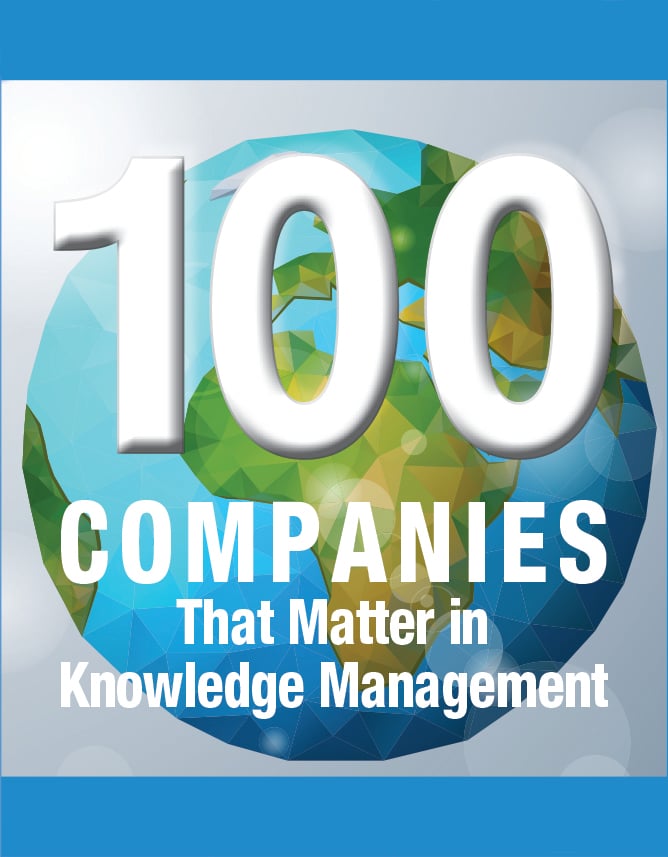
EARLEY INFORMATION SCIENCE NAMED A KMWORLD TOP 100 COMPANY THAT MATTERS IN KNOWLEDGE MANAGEMENT
Mar 1, 2016

